What is a Prediction Market?
1. What is a Prediction Market?
2. How Prediction Protocols Work
3. Advantages and Disadvantages of Decentralized Prediction Markets
3.1 Advantages
3.2 Disadvantages
4. Notable Projects
4.1 Polymarket
4.2 Augur (REP)
4.3 Gnosis (GNO)
4.4 Hedgehog
Popular Articles
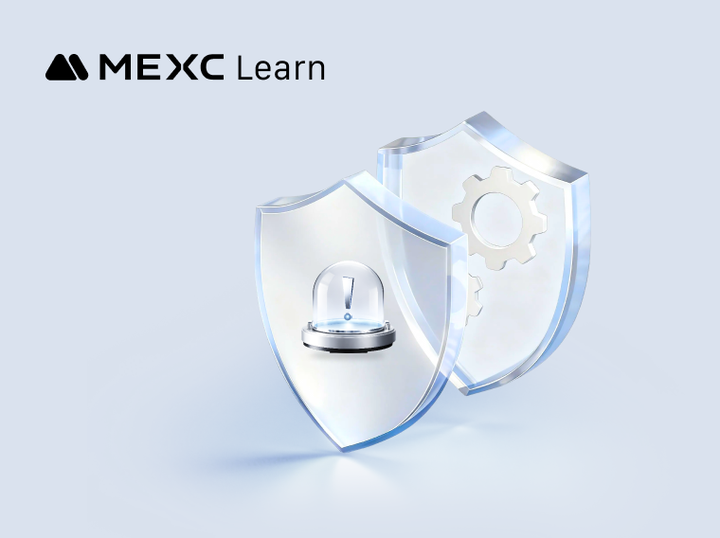
Balancing Security and Accuracy: Dynamic Logic of Risk Control Systems
As crypto markets evolve, so do the tactics used by fraudsters and market manipulators. To keep users safe and preserve market integrity, crypto exchanges must constantly enhance their risk control an

How to Verify My Residential Address on MEXC
Providing proof of address (POA) is part of MEXC's KYC verification process. After registering a MEXC account, you must upload a POA document to complete identity verification and ensure compliance wi
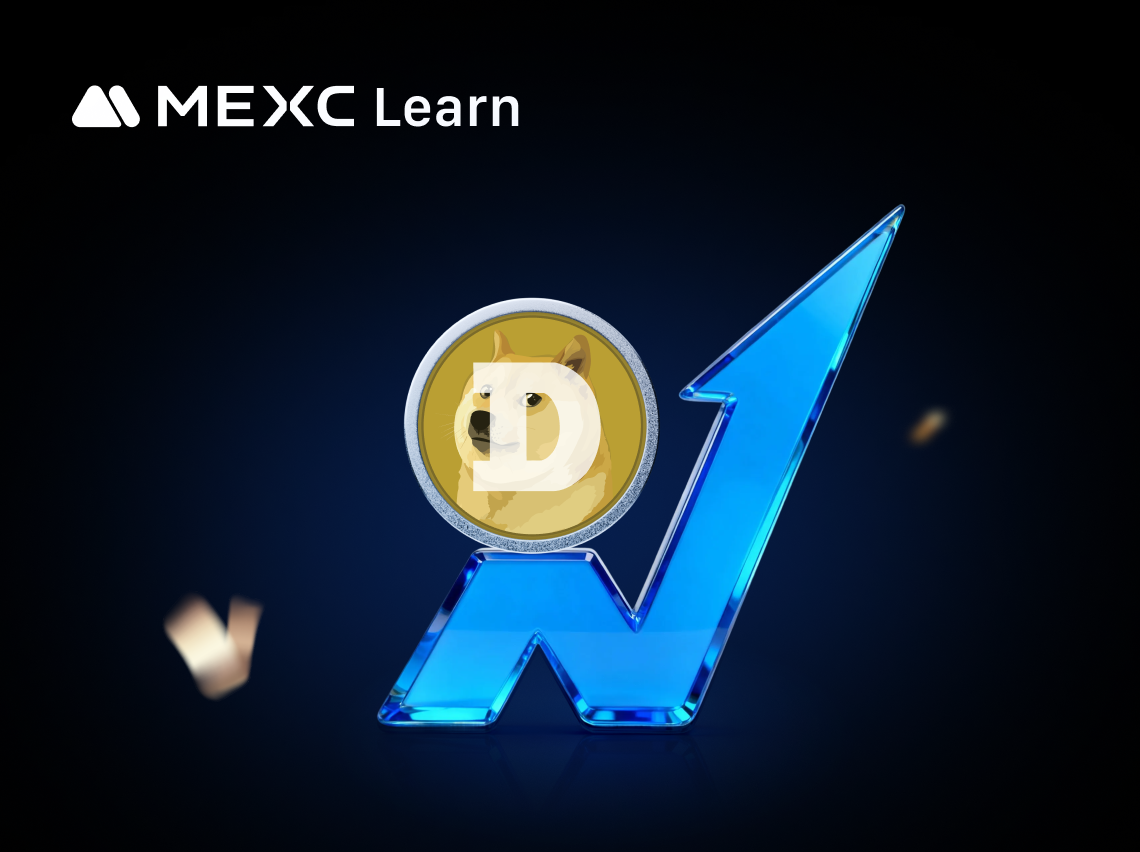
Dogecoin All-Time High: When It Happened and What Drove the Surge
Key TakeawaysDogecoin’s all-time high (ATH) occurred on May 8, 2021, when the price reached approximately $0.74.The surge was primarily driven by a combination of Elon Musk’s repeated tweets and endor
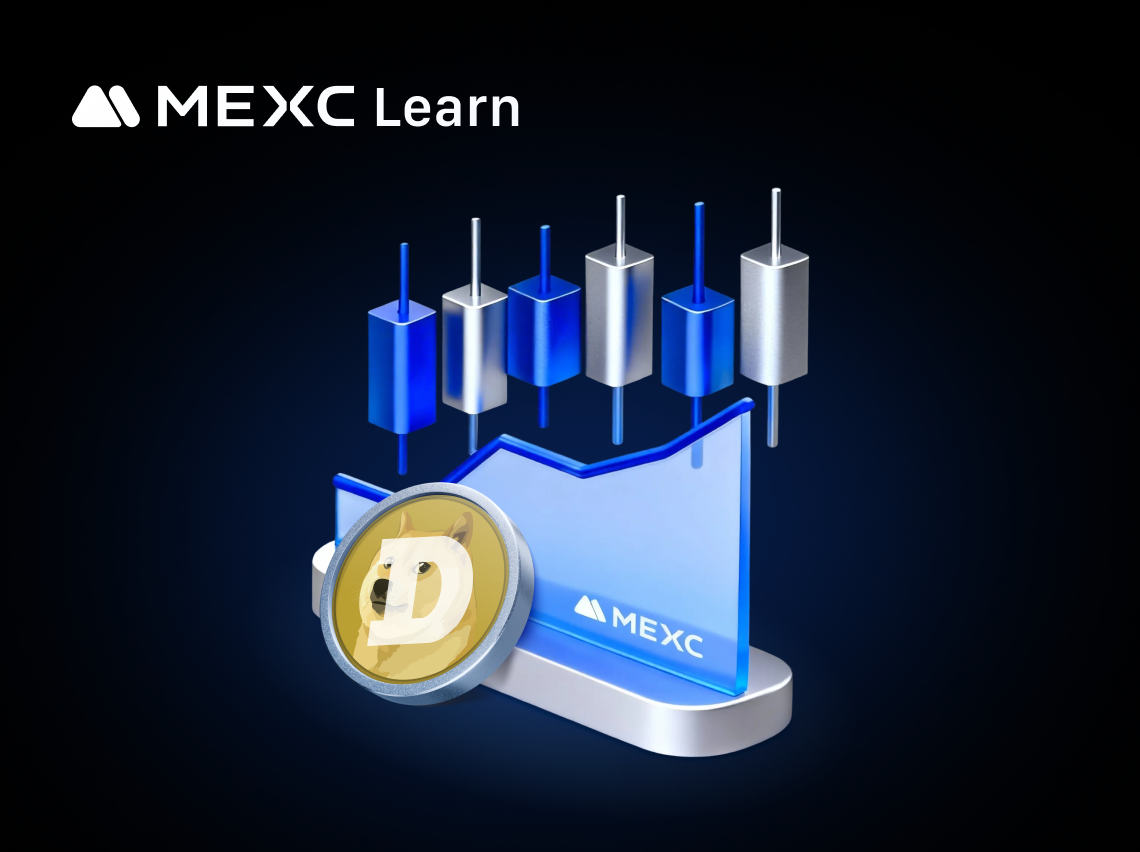
Dogecoin Marketcap Explained: What It Means and How It Shapes DOGE’s Value
Key TakeawaysMarket capitalization (market cap) measures the total dollar value of Dogecoin (DOGE), calculated as current price × circulating supply.As of December 2025, Dogecoin’s market cap stands a
Hot Crypto Updates
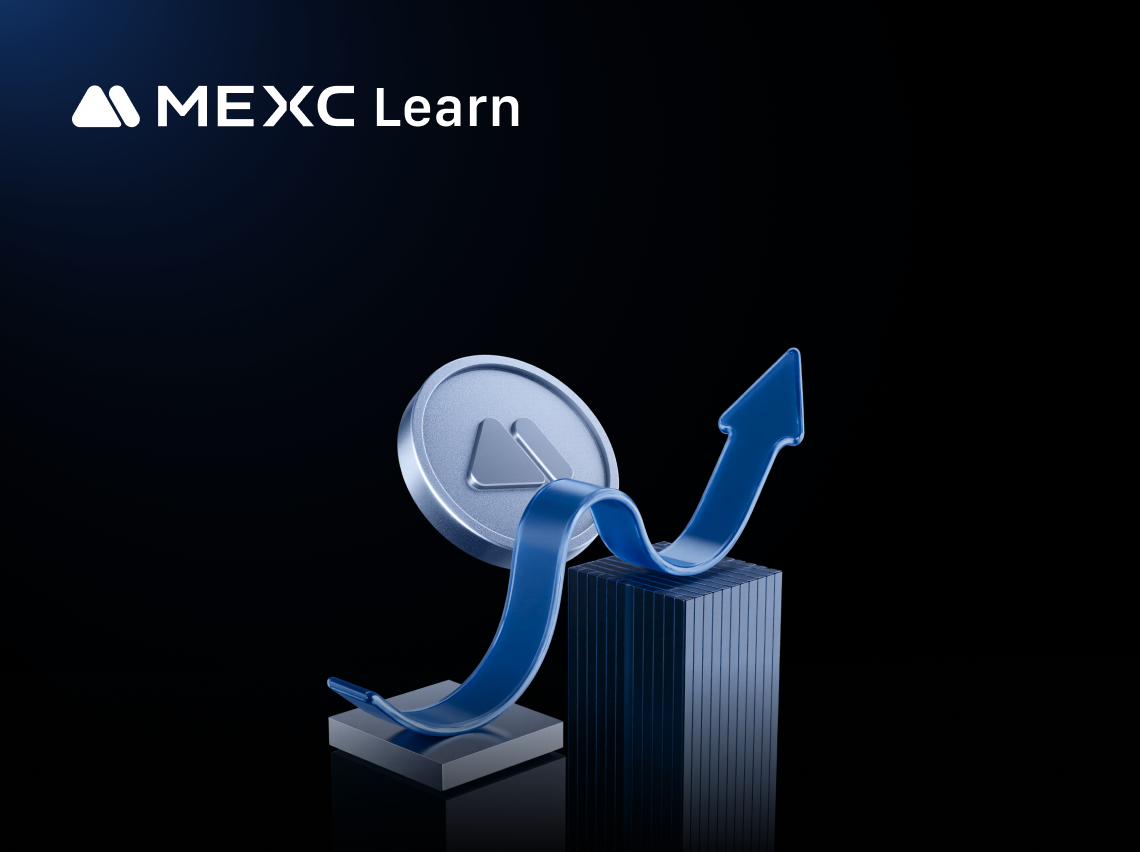
XRP Price Faces Critical Test: Analysts Warn of Potential Drop Below $1
Key Takeaways XRP displays clear bearish signals below $2 markMultiple technical indicators suggest XRP could fall to $1 in coming weeksMarket volatility intensifies, investors need to monitor key sup
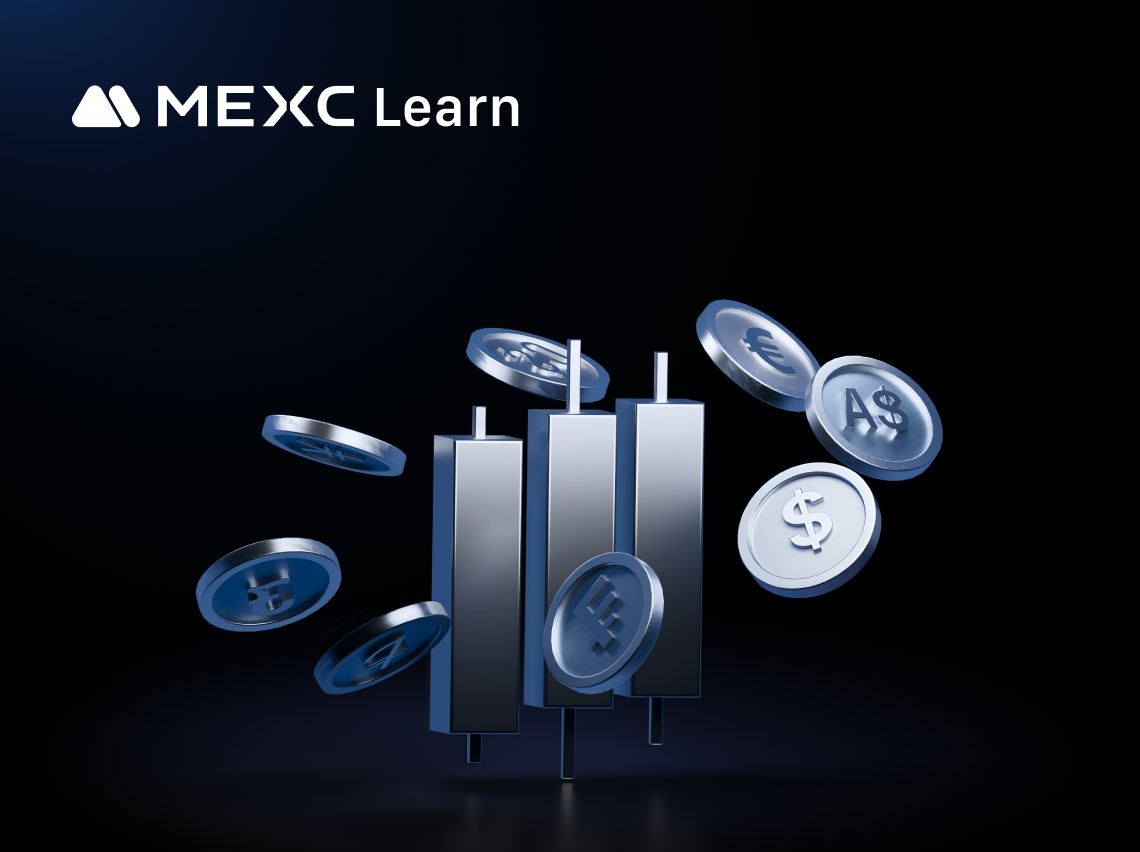
Solana Price Defense: Can SOL Hold the Critical $120 Support Level?
Key Takeaways Solana (SOL) is fiercely battling around the crucial $120 support level with cautious market sentimentTechnical indicators show downward pressure on SOL, but long-term fundamentals remai
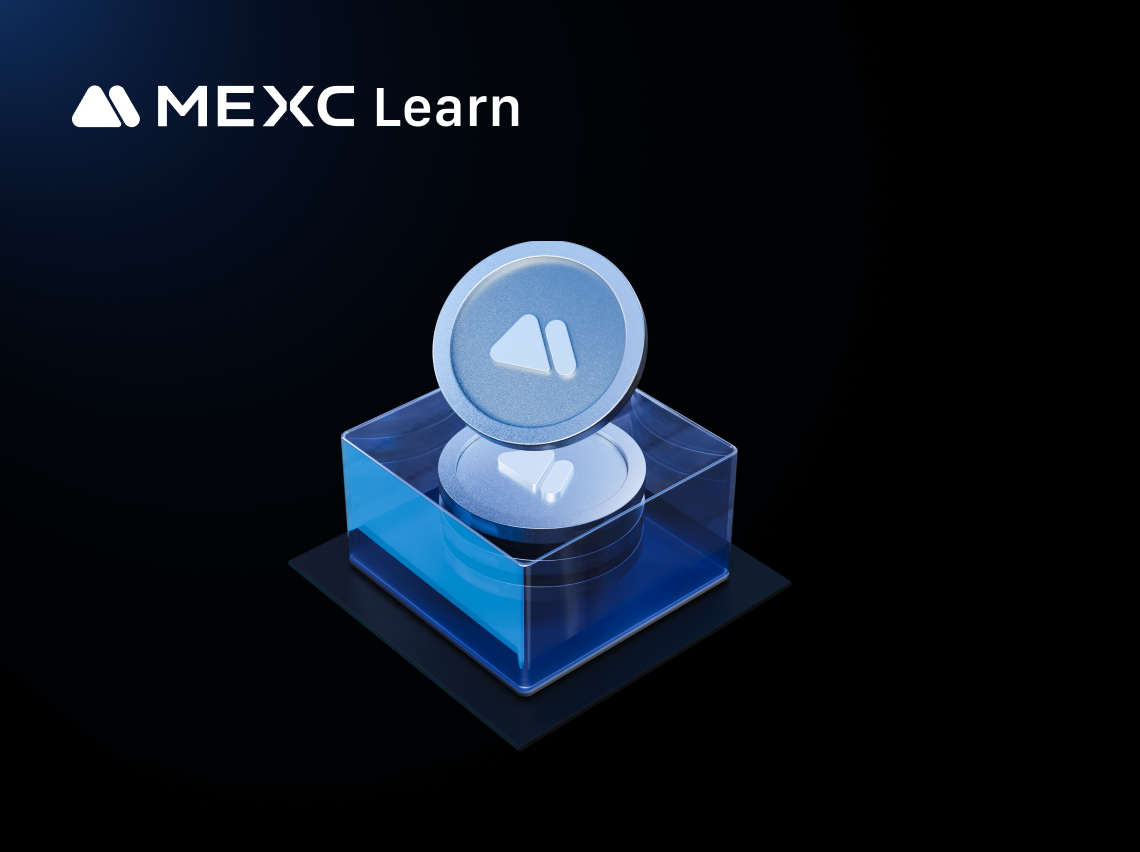
Ethereum Price Alert: ETH Could Plunge to $2,000 If December Closes Below Critical Support Level
Key Takeaways Analyst warns: Ethereum risks significant downside to $2,000 if December closing price falls below the critical $3,200 support levelTechnical indicators show ETH at a crucial inflection
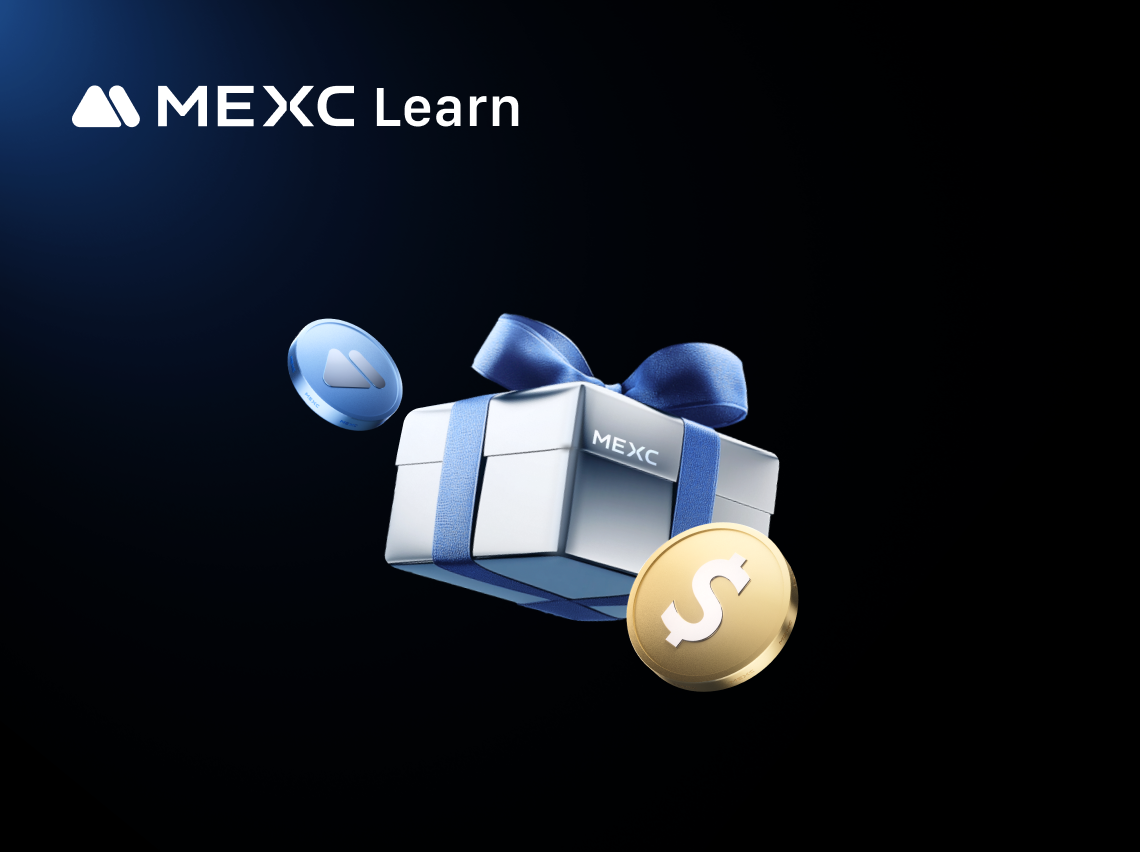
Bitcoin Price Hovers at $86,500: Market Anticipation Before US CPI Release and Strategic Trading Insights
Key Takeaways Bitcoin price remains range-bound near $86,500 as markets await critical US inflation dataDecember CPI figures will significantly influence Federal Reserve policy and cryptocurrency mark
Trending News
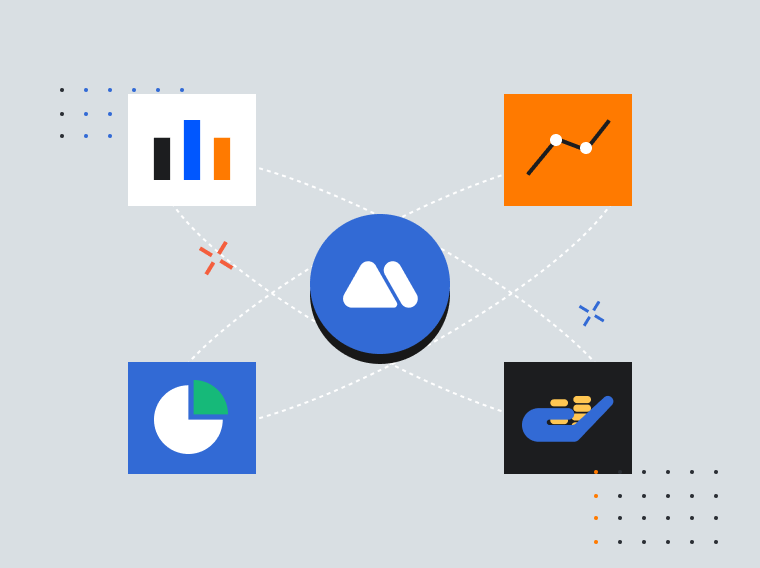
Web3 Crypto Casinos 2026: Platforms Combining Security and Fair Odds
Discover Web3 crypto casinos in 2026 that combine blockchain security and fair odds. Review trusted cryptocurrency online casinos built for transparency and control

Your Essential Guide To This Exciting New Trading Opportunity
The post Your Essential Guide To This Exciting New Trading Opportunity appeared on BitcoinEthereumNews.com. Bybit VOOI Listing: Your Essential Guide To This Exciting

Yann LeCun to Launch Advanced Machine Intelligence Labs in 2026
The post Yann LeCun to Launch Advanced Machine Intelligence Labs in 2026 appeared on BitcoinEthereumNews.com. Key Points: Yann LeCun plans to launch Advanced Machine

The Case for Real-Asset-Backed Cryptos
The post The Case for Real-Asset-Backed Cryptos appeared on BitcoinEthereumNews.com. Advertisement     Disclaimer: The below article is sponsored, and
Related Articles

What is a Decentralized Exchange?
Based on data from holder.io, the total market capitalization recently reached trillions of dollars. Well-known exchanges such as MEXC, Binance, Coinbase, and others fall under the category of central

What is Bitcoin Cash (BCH) Halving?
The Bitcoin Cash halving event is an important event in the Bitcoin Cash network, which has consistently garnered significant market attention and research. This article will delve into the history, m

Understanding Telegram Bots in One Article
Telegram, one of the world's foremost social apps, boasts over 800 million users, with more than 2.5 million new registrations every day. Users prefer Telegram over many other options because of its s

What is an NFT?
NFTs are a type of token with a unique identifier and additional parameters that allow you to store certain information on it. The unique identifier is what makes the token non-fungible. The additiona
